Life in Malta
Malta has been a member of the European Union since 2004. It is an archipelago made up of three main islands: Malta, Gozo, and Comino. Located 200 kilometres south of Sicily, the island is only 2 hours and 30 minutes by plane from Paris.
Malta has two official languages, Maltese, which is a mixture of Italian and Arabic, and English that is widespread due to British occupation over 150 years between the nineteenth and twentieth centuries.
Having been occupied by many empires throughout history, Maltese culture is influenced by the various civilizations that have colonized the country.
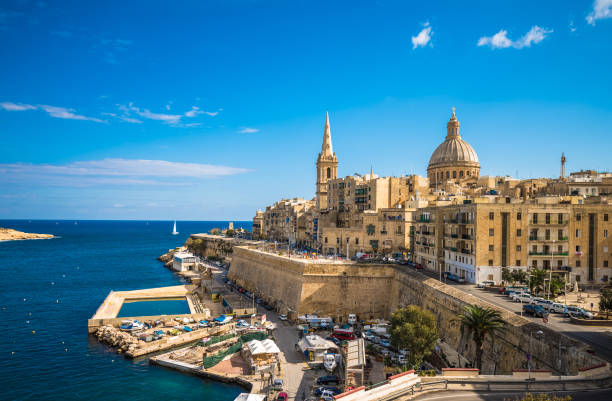
Thanks to its rich historical heritage, crystal-clear paradise waters, pleasant climate, and English influence, Malta has become a dream destination for expatriates from all around the world.
Therefore, its population has increased dramatically over the past 20 years, making it the densest country in the European Union with more than 500,000 inhabitants with an area of 316 square kilometres.
The cost of living in Malta
Even though the ProEvolution Academy programme aims to cover everything considered “essential” for the player, it is still important to learn more about the cost of living in Malta.
It is also quite affordable, especially when compared to France or other European countries. Examples of current expenditure are presented below for an idea of the budget:
1. Cost of housing in Malta
Our programme takes care of the players’ accommodation, so these expenses do not need to be planned for by the players, although it is still useful to have an idea of the costs involved.
Due to the limited space on the island, housing prices are very high compared to the average cost of living. As a result, young Maltese and expatriates often live in shared accommodation to keep expenses down.
The average price of a monthly rent for a two-bedroom apartment is about 1000 euros, but can vary depending on the location, season and quality of the accommodation.
You should also count the costs (water, electricity, the Internet…) that can reach between EUR 50 per month and per person.
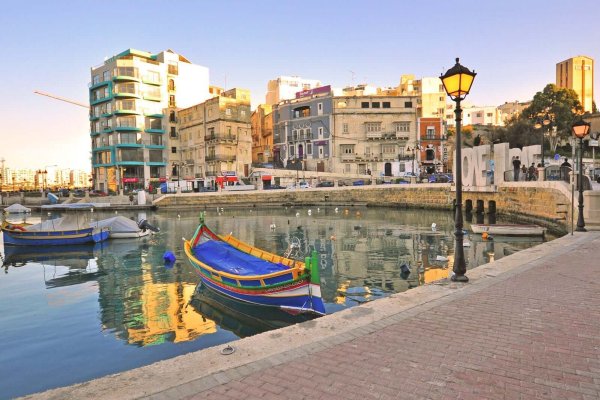
2. Transport cost in Malta
The players in our programme receive a monthly €30 transport allowance for personal use. This is more than sufficient, as their accommodation is located just a 5-minute walk from the academy’s facilities.
On rare occasions, the rest can serve as a supplement to the food budget.
Furthermore, given the island’s very small size, the best means of transport is still walking. There are also numerous electric scooters available all across the island.
It takes about €0.15 per minute to travel. This means of transport is becoming more and more popular, as it is easy to access all.
The bus is also a good alternative thanks to its low cost and its network that covers the entire island.
The taxi is a faster and more comfortable option, but also more expensive. The fare is roughly €1 per kilometre.
Car rental is another option, but it’s important to know that driving is on the left-hand side and traffic can be heavy. The average rental price is €25 per day, not including fuel, which costs around €1.30 per litre.
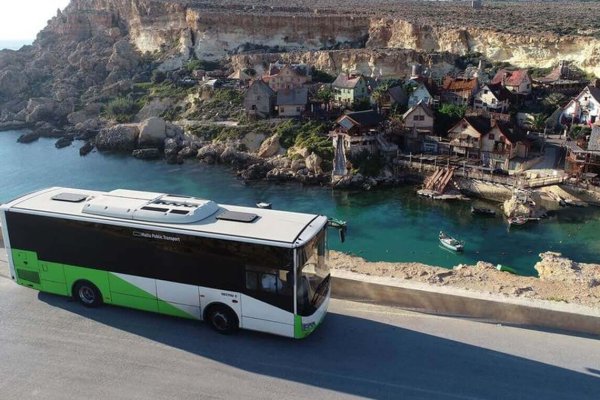
3. The cost of leisure in Malta
Malta offers many entertainment opportunities, whether cultural, sports or festive.
Events fully covered by our centre are regularly organised to provide players with the best possible experience and to strengthen team spirit.
Activities are varied and may vary per year.
Due to a warm climate throughout the year, beaches and aquatic activities such as diving, kayak or jet ski are obviously preferred.
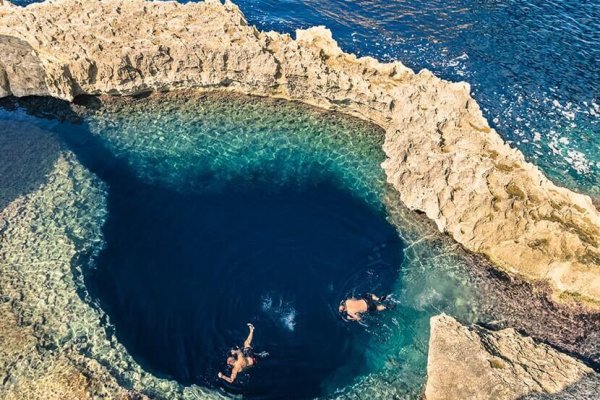
Cheers in Malta
Health is an important topic for all residents of Malta, whether Maltese or foreign. The Maltese healthcare system is recognised as one of the best in the world, offering high-quality services in both the public and private sectors.
The Maltese health system is based on two pillars: the public and private sector.
The public sector provides free healthcare to all individuals covered by social security within the European Union.
In France, for example, you simply need to request your EHIC (European Health Insurance Card) before travelling to Malta to ensure access to free healthcare once you’re there.
The public sector includes several healthcare facilities, the main one being Mater Dei Hospital, one of the largest in Europe.
The private sector complements the public system by offering additional or alternative services, particularly in the field of primary care. Private clinics are far more numerous and much faster.
For a stay of more than 3 months, it is therefore highly recommended to take out private health insurance.
The advantages of the private sector are the speed of access to care, diversity of specialities and modernity of equipment.
Good to know: ProEvolution Academy provides all its players with private health insurance, allowing them to benefit from all the advantages of the private service in addition to the public one.
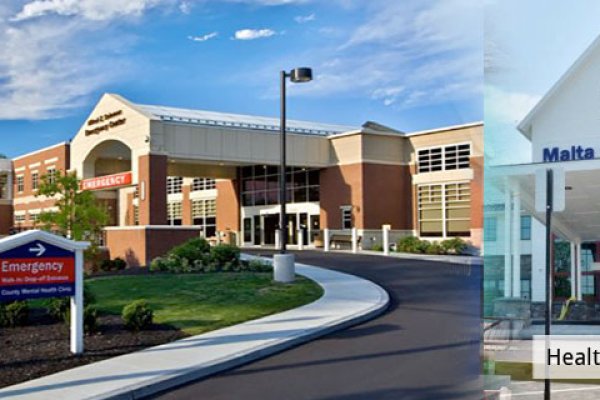
Work in Malta
Although we encourage players to focus solely on our sports and language programme, we can also assist them in finding a job that can be combined with our programme.
However, English classes may be cancelled if the player finds a job.
Here's information about the labour market in Malta.
Firstly, the minimum wage is low (around €800 per month for a 40-hour week), although it is true that only a small part of the population earns this type of salary.
The average wage is around €8 net per hour, which is still lower than in France. Our centre often offers part-time positions in fast food, allowing players to improve their English very quickly while also choosing their schedule to combine it with our programme.
Among the sectors of activity they recruit in Malta, we can mention:
- iGaming: This refers to online gambling activities such as poker, sports betting, and casinos. It is a highly dynamic sector in Malta, home to many companies in the field thanks to favourable legislation. The profiles in demand are diverse: gaming operators, customer support agents, marketers, accountants, lawyers, and more. The average salary in this sector is quite high compared to the cost of living in Malta, around €1,600 per month.
- Tourism: Malta is a popular destination for travellers from all over the world, who come to enjoy its climate, culture, and landscapes. Companies linked to tourism, such as hotels, restaurants, travel agencies, and water or cultural activity providers, are therefore constantly seeking qualified and multilingual staff. The roles available can vary greatly: reception, service, sales, entertainment, and more. The average salary in this sector ranges between €800 and €1,400 per month.
- Banking and Finance: Malta is also a well-established financial centre that attracts banks, investment funds, and brokerage firms. Jobs in banking and finance are therefore highly prevalent on the island and offer attractive career opportunities for professionals in the sector. The key skills required include financial management, accounting, auditing, consulting, and risk control.
- La banque et la finance : Malte est aussi un centre financier reconnu, qui attire des banques, des fonds d’investissement ou des sociétés de courtage. Les métiers de la banque et de la finance sont donc très présents sur l’île, et offrent des opportunités de carrière intéressantes pour les professionnels du secteur. Les compétences requises sont : la gestion financière, la comptabilité, l’audit, le conseil, le contrôle de risque, etc.
Working conditions and average salaries in Malta depend on the industry, the position held, and the candidate’s experience. In general, the working week consists of 40 hours, the probation period lasts 6 months, and employees are entitled to 25 days of paid annual leave.
Entertainment and activities in Malta
The ProEvolution Academy programme gives players some free time during the week.
It can be busy with personal work (extra sessions at the gym or homework in English etc..) but it also serves players to discover as much as possible about this wonderful country.

Also, for outdoor activities, you're broken to choose. Whether you are a culture fan, sports or tourism, you will find your happiness. Some suggestions are made below for the activities not to be lost in Malta:
- Go scuba diving in Malta’s crystal-clear waters. You can admire the rich marine life as well as historic shipwrecks such as the HMS Maori and the Rozi.
- Faire de la plongée sous-marine dans les eaux cristallines de Malte. Vous pourrez admirer la faune et la flore marines, ainsi que des épaves historiques comme le HMS Maori ou le Rozi.
- Discover Malta’s capital city, Valletta, and its baroque architecture. You can visit the Grand Masters’ Palace, St. John’s Co-Cathedral, or the National Museum of Archaeology.
- Enjoy the sunshine and beaches of Malta. You can swim, sunbathe, or go kayaking almost all year round at spots such as Golden Bay, Mellieha Bay, or the Blue Lagoon.
- Take part in the festivals and cultural events that bring Malta to life throughout the year. You can attend concerts, shows, exhibitions, or traditional celebrations such as the fireworks carnival or the fire festival.
Football Trials open!
Sign up and participate in our selections
Take advantage of this opportunity to join our football training centre at the start of the school year. JANUARY 2026.
